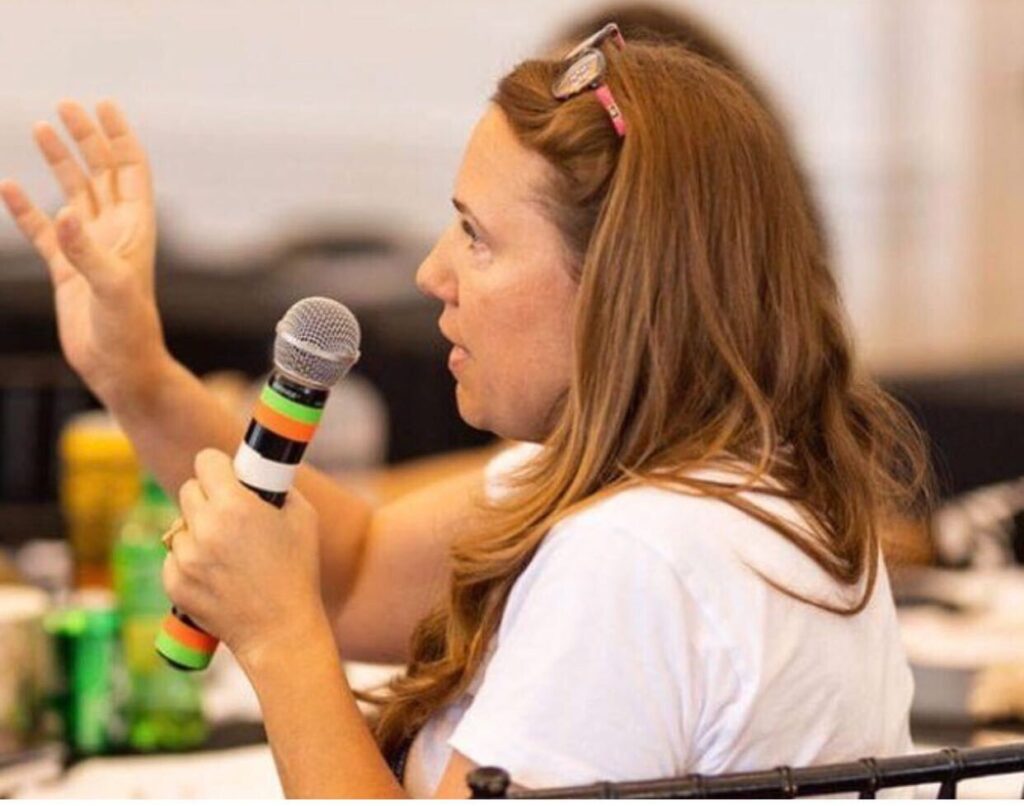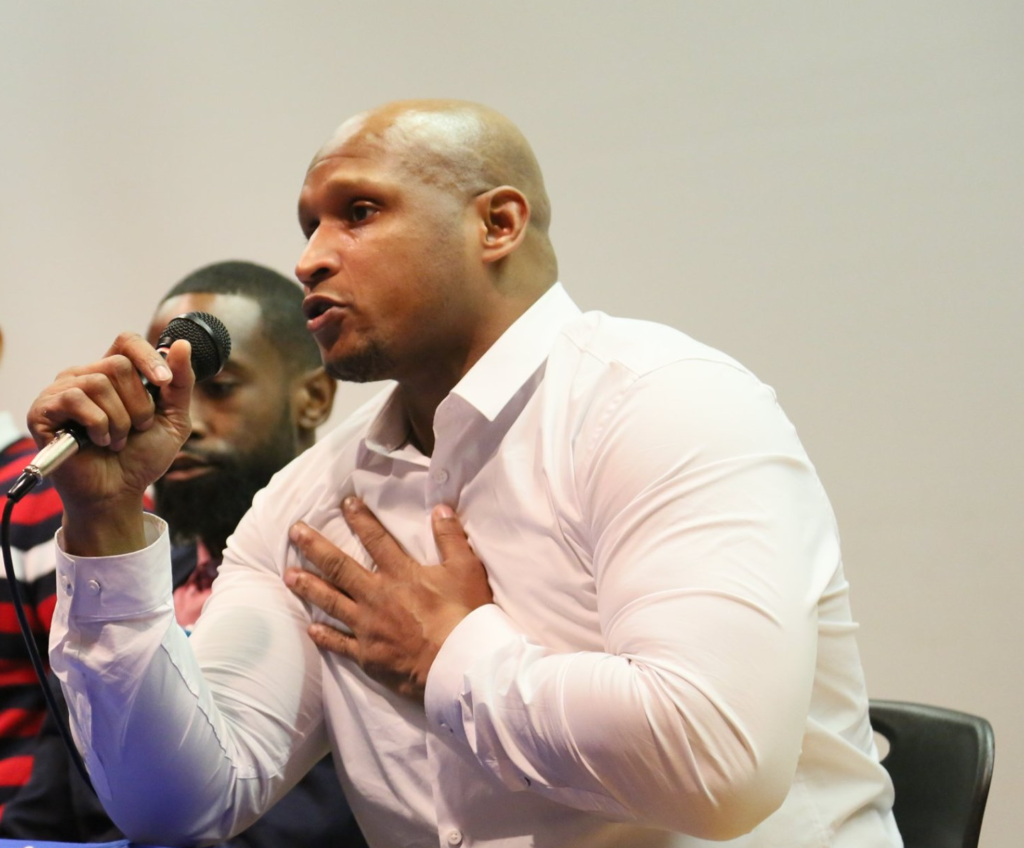It is imperative that those harmed by cannabis prohibition have a say when it comes to enacting policies that deal with automatic expungement, community reinvestment and civil protections for cannabis consumers. The Formerly Incarcerated Union of RI, which was co-founded on 2019 by directly impacted Rhode Islanders, works to empower and support people who have been directly impacted by the criminal injustice system. As a member organization of the Yes We Cannabis coalition, FIU elevates the voices and experiences of those impacted by the prohibition of cannabis here in Rhode Island.
“As a medical marijuana patient I have been made to feel like I am an irresponsible drug user and unfit parent by the state of Rhode Island. As a result of my medical patient status, I was forced to get letters from doctors, have my levels monitored, and required approval through the courts to have rights to my own child. This was over a year long process of “proving” myself, before I could have increased visits with my child after an abrupt traumatic family separation.
“This discriminatory treatment had only gotten worse when my case was transferred to a new state worker. My status as a patient was again questioned and my parental rights were in further jeopardy to get my children back into my care. I had just earned unsupervised visits because reunification was about to happen. I had just got an apartment and had a perfect bedroom set up for him. In one week I went from three visits for eight hours with my child in the community, to being told I could only have one hour a week in an office being monitored, and for the simple fact that I was a medical marijuana patient.
“I was treated differently based on my prescribed medicine. I was only allowed that one visit in an office before all visits were suspended and my child kept from his mother. My cries and calls went unanswered, and I faced a traumatic family separation — again. Five years after I faced this same threat from the state of taking my rights to parent my own children. I was discriminated against as a parent who was a medical marijuana patient. I was made to feel I was an unfit parent. To present day, It has now been 7 months since I have seen my second child. I know this is a violation of my rights, but there is nowhere I can turn.
“The pain of not seeing my children, how close we had gotten, and then having them ripped away from me and each other, all because of the demonization of my prescribed medicine, is unbearable. My eight year old knows he has a little brother but has never got to meet him. The mental anguish is a result of state inflicted trauma – trauma that not only I continue to endure, but trauma to my children as well.” – Raquel Baker

“Back in 1993 I was impacted by the War on Drugs and incarcerated, and marijuana was one of those charges. My son was also incarcerated for a small amount of marijuana back in 2008-09. The criminalization does not stop with over policing and incarceration. The collateral consequences of a criminal record are long lasting. Rhode Islanders have spent decades with these barriers in place, barring them from housing, employment, education – all based on this failed War on Drugs, that left tens of thousands of Rhode Islanders out of a life here – not only themselves, but their children and their families. This is multigenerational trauma. This is impacting our communities. This is impacting unemployment. This is impacting housing instability. When people are policed, when people are incarcerated, it negatively impacts whole communities.
“We are in Rhode Island, we’re one degree of separation — I’m sure you have a family member who has been impacted by the War on Drugs, who has been put in a cage, who has been given this collateral consequence of a criminal record thats barred them out of all these things to live and survive, as a human being, for decades. This hits home. This impacts everyone. Just know that this is not far from you. We have to do this together — If you’re impacted, if you care about this, if you know this is just morally wrong, this is the time to step up.” – Cherie Cruz

“From a historical perspective, the War on Drugs is on par with many of the past legislations enacted to restrict and bar people of color from participating in the prosperity of this country, such as Jim Crow laws and black codes in southern states. Initially, the War on Drugs was supposed to be for public good; however, the results were something totally opposite. It became very costly, and the policy emboldened law enforcement officials to target communities of color, thereby closing the doors to any type of prosperity.
“Today, our state is moving to legalize the sale, purchase and consumption of marijuana, and if passed it would make it not only legal, but profitable. This shift is a welcome shift, but it must accompany some real reparations. The legislation must reflect a true understanding of the harms done in the past. Regardless of if you are for or against marijuana legalization, if it is passed as law, there are going to be a lot of interests involved, and there’s going to be a lot of revenue being generated. For far too long our country has turned a blind eye to particular populations and communities. Communities of color, disproportionately impacted communities and low-income communities are always pushed to the fringe and not allowed to participate in the process.
“I just think it’s important that we as a community, we as a society, our whole state, just need to plug in and start educating ourselves and start asking our lawmakers to include the things that are important to us and our communities, those who have been disproportionately impacted by the War on Drugs. It’s been so long, we’ve come to accept what is as normal. In the past we’ve had this bait and switch type of legislation, that says one thing and does the complete opposite. And we don’t necessarily have to stand for that. It’s our state, and we have a voice. It’s our job and our responsibility to highlight those items [that need improvement] and bring them to our lawmakers so they can do the right thing. It is certainly through the laws of this state that we either build or destroy our communities.” – Meko Lincoln

